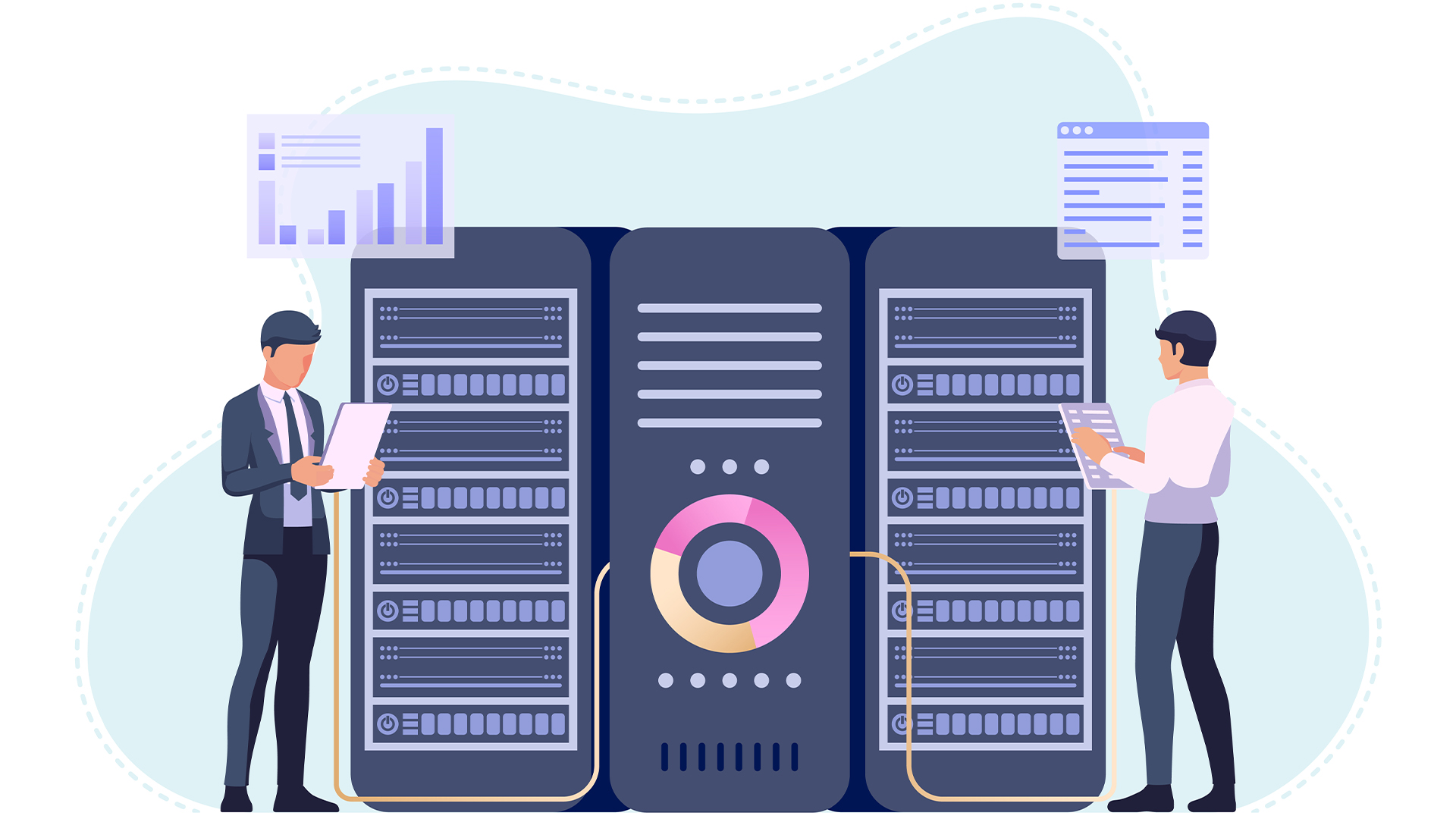IT professionals are losing sleep over data backups – here's how to make sure you're prepared
Experts told ITPro that businesses must adhere to stringent backup practices


Almost a third (30%) of IT professionals are losing sleep over their organization’s backup and recovery strategies, according to a survey from Kaseya.
Less than half (40%) of respondents feel confident in their backup systems’ ability to keep critical data safe in a crisis situation, while 30% worry that their company’s backup solutions are not good enough.
“So much is out of your control, it’s not surprising that nearly a third of IT professionals have had nightmares about their backup,” said Frank DeBenedetto, general manager at Kaseya.
“From human error to natural disasters to ransomware attacks, the only way to know your systems work is to test them repeatedly,” he added.
The report uncovered troubling statistics about the testing of organizational backup systems as well, finding that few businesses test regularly enough.
Just 15% test their backups daily and 25% test them weekly. Disaster recovery tests are undertaken by only 11% daily and 20% weekly, while 12% said they test disaster recovery systems on an ad hoc basis or not at all.
This represents a significant lack of preparedness, Kaseya warned. Especially considering that while 60% of respondents believe they can recover in the space of a day, the reality is that only 35% could.
Get the ITPro daily newsletter
Sign up today and you will receive a free copy of our Future Focus 2025 report - the leading guidance on AI, cybersecurity and other IT challenges as per 700+ senior executives
Similarly, with just 10% of businesses reporting no IT outages over the last year, the importance of being prepared should be top of mind.
Backup preparation is key
Backups are a non-negotiable aspect of any security strategy, according to Matt Hastings, VP of product management at NinjaOne. Cloud-first backups can be useful in alleviating strain on IT teams through automatic backup procedures, he added.
“It can also simplify IT’s job to include backups as part of a broader endpoint management strategy. Automated endpoint management in particular can help IT teams minimize vulnerabilities, gain visibility and control, and maintain compliance with regulatory standards,” Hastings told ITPro.
Crucially, businesses must follow best backup practices, according to SolarWinds tech evangelist Sascha Giese, including encrypting database backup files, storing immutable copies of backups, and testing recovery processes.
“This is also an opportunity for organizations to assess how and where they are storing their data while ensuring they run the most modern performance monitoring and optimization solutions to protect data over the long term,” Giese told ITPro.
RELATED WHITEPAPER

Assured Data Protections’ Rob Mackle echoed this point on immutable backups, calling them the ultimate safeguard against data loss in the event of ransomware attacks or other data-related incidents.
“Immutable backups should be a critical component of an organization’s cyber resiliency plans as they help ensure that backup data is tamper-proof and can be restored to its original state, minimizing the risk of data loss in the event of a cyber-attack,” Mackle said.
“Seeing that data is the lifeblood of most organizations, and the loss of your data or access to your data would affect the running of your business, we suggest that you beg, borrow and steal from other budgets in order to ensure you have a good backup and DR solution in place,” he added.
MORE FROM ITPRO
- Best business backup software
- Data backup strategies in focus as 800,000 UK firms admit to losing data since 2019
- Startup promises to 'reinvent cloud backups'

George Fitzmaurice is a former Staff Writer at ITPro and ChannelPro, with a particular interest in AI regulation, data legislation, and market development. After graduating from the University of Oxford with a degree in English Language and Literature, he undertook an internship at the New Statesman before starting at ITPro. Outside of the office, George is both an aspiring musician and an avid reader.
-
 Bigger salaries, more burnout: Is the CISO role in crisis?
Bigger salaries, more burnout: Is the CISO role in crisis?In-depth CISOs are more stressed than ever before – but why is this and what can be done?
By Kate O'Flaherty Published
-
 Cheap cyber crime kits can be bought on the dark web for less than $25
Cheap cyber crime kits can be bought on the dark web for less than $25News Research from NordVPN shows phishing kits are now widely available on the dark web and via messaging apps like Telegram, and are often selling for less than $25.
By Emma Woollacott Published
-
 The Total Economic Impact™ of the Intel vPro® platform as an endpoint standard
The Total Economic Impact™ of the Intel vPro® platform as an endpoint standardwhitepaper Protection across AI attack vectors
By ITPro Published
-
 Testing the Value of Dell™ PowerEdge™ R750 Servers with Windows Server® 2022 Preinstalled
Testing the Value of Dell™ PowerEdge™ R750 Servers with Windows Server® 2022 Preinstalledwhitepaper Protection across AI attack vectors
By ITPro Published
-
 AI enablement and built-in security are must-have features on modern storage environments
AI enablement and built-in security are must-have features on modern storage environmentswhitepaper Modernize storage infrastructure to serve future application demands
By ITPro Published
-
 Accelerate AI initiatives on Dell VxRail
Accelerate AI initiatives on Dell VxRailwhitepaper Protection across AI attack vectors
By ITPro Published
-
 Choose high data-efficiency technology for lower storage TCO
Choose high data-efficiency technology for lower storage TCOwhitepaper Choose high data-efficiency technology for lower storage TCO
By ITPro Published
-
 PowerStore resiliency
PowerStore resiliencywhitepaper PowerStore resiliency
By ITPro Published
-
 PowerStore Prime
PowerStore Primewhitepaper PowerStore Prime
By ITPro Published
-
 Dell PowerStore data efficiency
Dell PowerStore data efficiencywhitepaper Dell PowerStore data efficiency
By ITPro Published